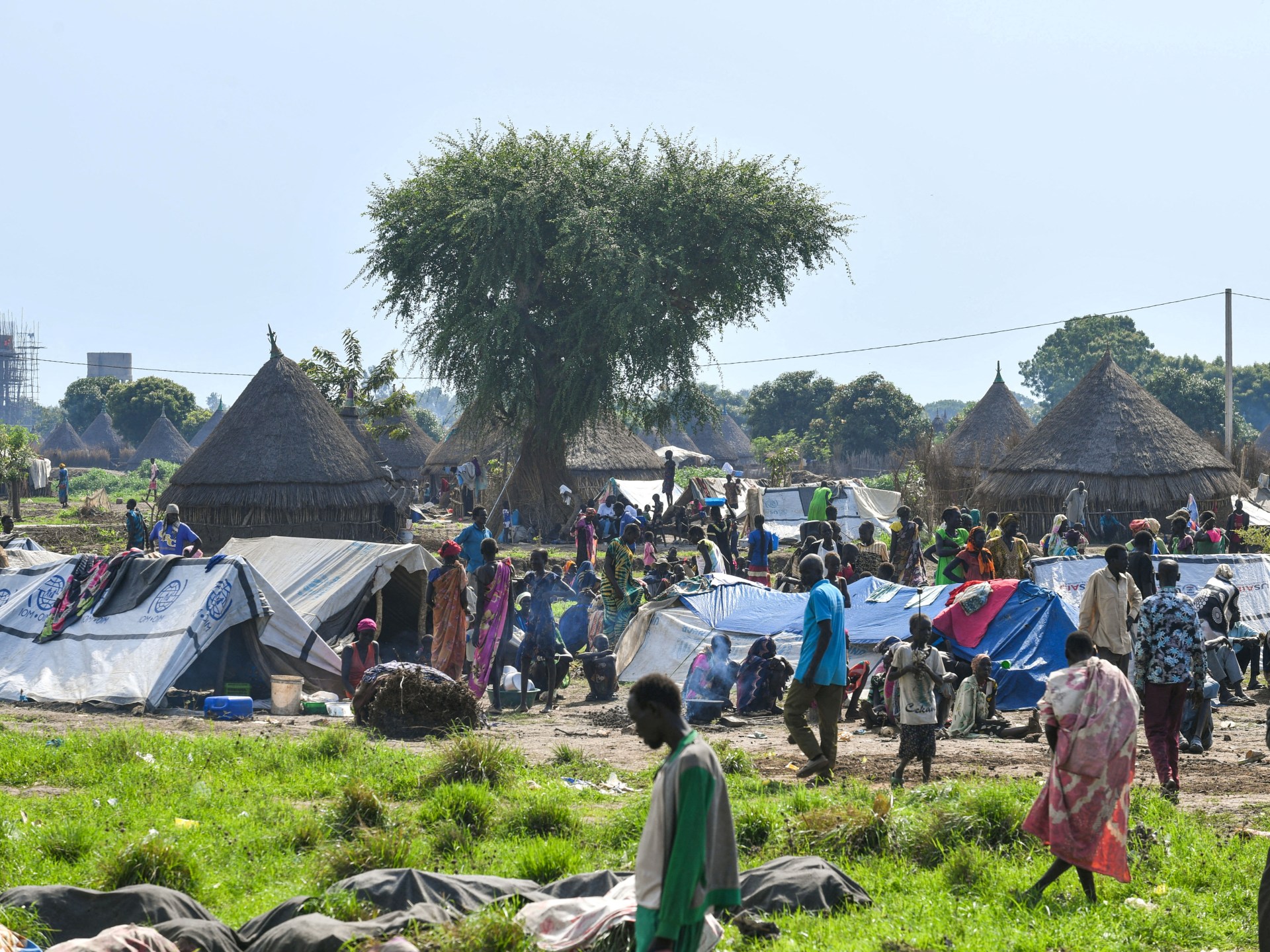As aid cuts force other nutrition and disease prevention programs to close, according to Doctors Without Borders (known by its French acronym, MSF) the rise in infant hunger and malaria are overwhelming humanitarian facilities in southwest Ethiopia.
In addition to the increase in child admissions to MSF’s feeding facility in the Kule refugee camp in Ethiopia’s Gambella region, which MSF reported on Wednesday, many of the children were coming from nearby camps, an increase of 55 percent over the previous year.
According to MSF, funding cuts have resulted in the closure of nutrition services in four of the region’s seven refugee camps, which “place around 80, 000 children under the age of five at risk of life-threatening malnutrition.”
In two of its largest regions, Ethiopia, the second-largest country in Africa, has a population of 130 million people.
South Sudan, which borders Southwestern Gambella, is also in the grip of dramatic increases in violence and funding cuts for international programs that form the nation’s healthcare backbone.
Nearly 400,000 refugees are currently sheltered in seven camps, many of whom are South Sudanese, in the region.
As a result of significant aid cuts, 80, 000 children under the age of five are in danger of developing life-threatening malnutrition in Gambella, Ethiopia, four refugee camps.
This crisis will continue to grow worse without your immediate assistance. https: //t. ldxrzqpmb.co.
In comparison to 2024, the Kule camp’s patient visits have increased by almost 60%.
The patient load has been increasing, and MSF is concerned that this number will likely continue to rise in the coming months, according to Armand Dirks, project coordinator for Gambella.
Nyauahial Puoch’s daughter, who was 17 months old, was being treated for malnutrition by traveling about eight kilometers (five miles) from another refugee camp.
There has been a significant decline since last year. Some of the items we used to purchase are no longer provided, according to the NGO.
Although they only get food once per month, Puoch claimed, “it always runs out before the month ends.”
MSF predicts a steep increase in the rainy season from May to October, while funding cuts have also had an impact on disease prevention, particularly malaria programs.
Nearly 24, 000 malaria patients came from nearby refugee camps, according to the NGO, who reported an 125-percent increase in the number of cases in July compared to the same month last year.
Source: Aljazeera

Leave a Reply